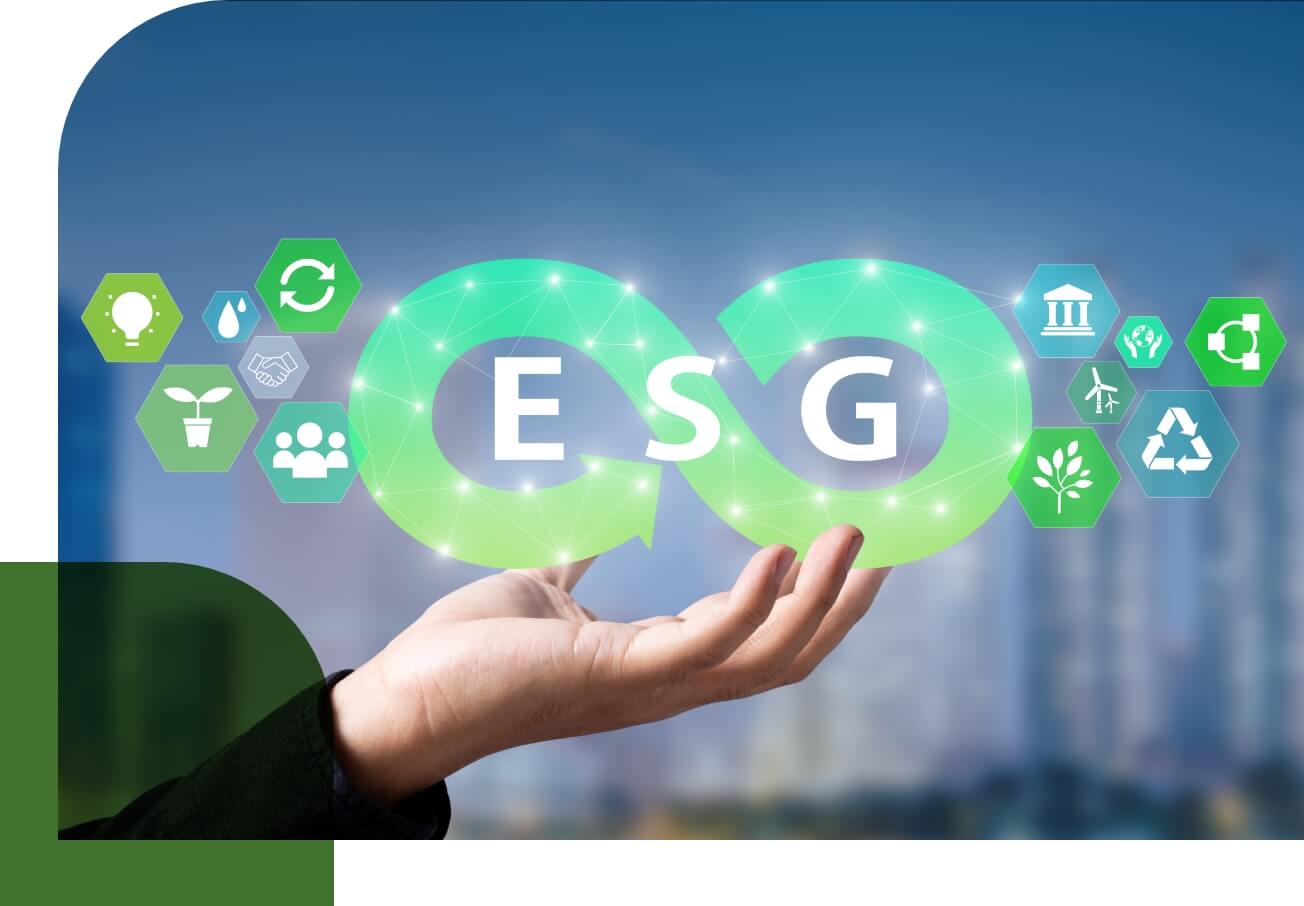In recent years, organisations have had to face increasing operational and compliance risks in both their industries and communities.
One way to confront and address these issues is by utilising a sustainability lens, or an environmental, social and governance (ESG) lens.
What is ESG reporting?
ESG represents a theory that there is an ethical way to do business, and this method involves prioritising sustainability; focusing on the environment, being socially responsible and establishing transparent governance.
ESG reporting refers to the disclosures of data on the organisation’s operations and how they function within ESG standards.
These disclosures are a great way for organisations to demonstrate their ESG policies, practices, and performance, as well as communicating their goals to different stakeholders: customers, investors, employees, suppliers, lenders, and shareholders.
Reports should cover environmental impact (eg. water/energy usage, waste management, greenhouse gas emissions), social elements (eg. community involvement, labour and diversity practices), and governance (eg. compliance, political contributions, board structure).
Why is ESG important?
Creating a quality ESG report is important for demonstrating your organisation’s commitment to sustainability.
ESG disclosures help further sustainability efforts and good governance practices, as well as enabling a stronger financial performance. The data found in these reports can assist organisations in aligning their purpose, strategy, and operations.
Shareholders and investors can also use ESG reports to understand the related opportunities and risks of the organisation, and see how the company creates sustainable returns and mitigates risks.
Additionally, ESG disclosures can be a useful tool for maintaining transparency. They can aid in shaping better environmental, social, and governmental practices for the future.
Is ESG Mandatory?
Universally, the answer is no, not yet. However, according to the International Sustainability Standards Board (ISSB), recently more global investors have been requesting transparency and quality ESG reporting.
While several countries have incorporated measures requiring mandatory ESG disclosures, it has not yet reached a global scale. Steps are being taken to create a worldwide framework for ESG reporting standards, in order to facilitate the standardisation of the ESG reporting process.
One such step came in November 2021, when the IFRS Foundation established the International Sustainability Standards Board (ISSB). The ISSB is focused on generating global sustainability standards for investors for its participating countries.
Another example of this came at the end of June 2022, where the European Parliament and the Council (EU Member States) agreed to require the mandatory reporting on ESG for a considerable number of companies operating on the EU market.
Large or listed subsidiaries of non-EU companies will have to report for fiscal year 2025 on the basis of European Sustainability Reporting Standards.
ESG Reporting in the UK
At present, the UK has no single ESG law or regulation. The UK’s ESG policy consists of domestic and EU-derived laws and regulations, many of which are not ESG-focused.
However, a key regulation for UK ESG disclosures is the Companies Act, as it includes requirements for annual reporting. These rules apply to larger companies that are listed, have more than 500 employees or exceed £500 million in annual turnover
Non-financial information has always been a requirement of annual reports, but in 2022, the Act was extended to include sustainability details. Large UK companies are now required to report on their energy use and carbon emissions as a part of their annual reports.
Some sectors and organisations of a certain size now have standards they may have to report against. For example, the Housing sector has the Sustainability Reporting Standard, which whilst currently optional is paving the way for industries to specialise and standardise their ESG reports.
Additionally, starting in 2023, ESG reporting in the UK will be further defined through Sustainability Disclosure Requirements (SDRs). These SDRs will provide a structure for organisations to manage sustainability opportunities, potential risks and impacts, as well as set specific metrics and targets.
While the SDRs are rolled out over the next two years, fully mandatory disclosure is expected by 2025.
How Can Convene Help With Your ESG Reporting?
Here at Convene we have developed our own ESG reporting tool: Convene ESG.
Our aim is to alleviate some of the challenges of ESG data gathering, performance tracking, and reporting for ESG factors so organisations can move towards global sustainability and net zero.
Designed in collaboration with our clients, Convene ESG makes reporting simple, so you can focus on developing sustainable strategies.
Convene ESG can help you report on a range of existing standards including TCFD, GRI, the SRS amongst a range of others, and are always looking to expand.
It also has a built-in comparison feature, which allows you to compare against competitors’ formatting of their publicly accessible reports. This will help your whole sector develop the best results possible.
To find out more about how Convene can help your organisation, you can read about our early adopters here or book a demo.

